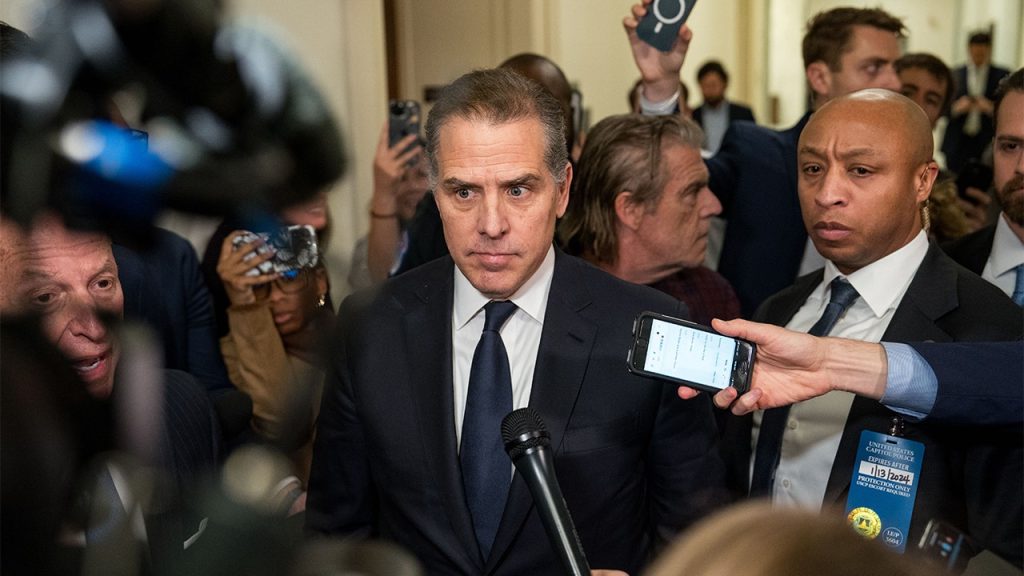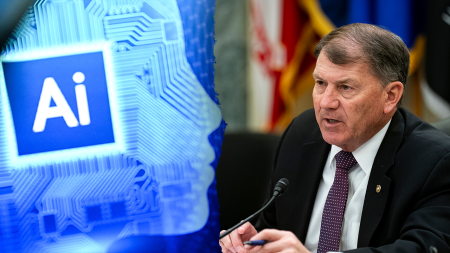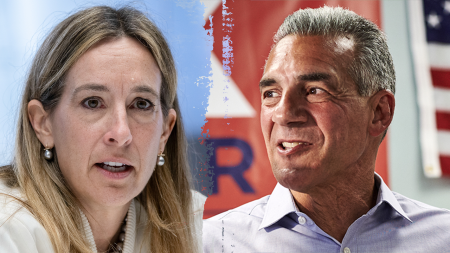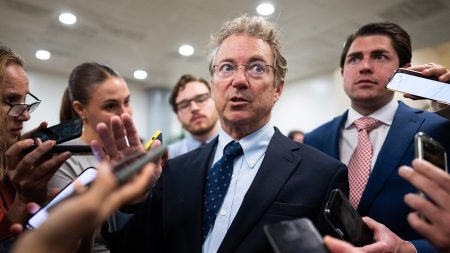President Biden’s decision to pardon his son, Hunter Biden, has come under intense scrutiny and criticism from various sectors. Critics argue that the pardon could be exploited by former President Trump to further his claims of a politicized Justice Department and weaken the judiciary’s role as a check on executive power. The breadth of the pardon, which covers nearly 11 years starting from Hunter’s appointment to the board of Burisma in 2014, has raised concerns among legal analysts. The pardon’s extensive time frame could shield Hunter from accountability for any actions undertaken during that period, as it encompasses the majority of federal statutes of limitations. Former federal prosecutor Trey Gowdy described the pardon as sweeping and believes it precludes any potential charges.
Despite President Biden’s earlier pledges not to pardon Hunter following his convictions on firearm and tax evasion charges, he ultimately decided to grant the pardon. White House officials maintain that the President’s action is legitimate and supported by legal experts. However, critics like George Washington University law professor Jonathan Turley have condemned the pardon as one of the most disgraceful in presidential history. Turley argues that Biden’s portrayal of his son as a victim contradicts the reality of Hunter’s dealings, which showcased a sense of immunity and power. The pardon has elicited concerns about its impact on public trust in the Justice Department and its perceived politicization, agreeing with Trump’s assertions that the department can be weaponized for political purposes.
Lawmakers and legal analysts fear that President Biden’s pardon of Hunter Biden could further erode faith in the Justice Department’s impartiality and independence. By endorsing Trump’s claims of politicization within the department, Biden’s decision may perpetuate the perception of the Justice Department being influenced by political agendas. Former GOP strategist Ryan Williams views the pardon as an endorsement of the notion that the Department of Justice lacks impartiality. Special Counsel David Weiss, who oversaw Hunter Biden’s cases, has defended the prosecutions against claims of political motivation, stating that multiple dismissal attempts were deemed meritless. The controversy surrounding the investigation of Hunter Biden raises questions about the political nature of law enforcement and the need for reforms within the Justice Department.
Critics argue that the intense scrutiny and investigations surrounding Hunter Biden would not have occurred if he were not the son of the President. Former prosecutor Trey Gowdy admits that he would not have pursued the gun case against Hunter, considering the prevalence of violent federal crimes that deserve attention. While some believe the focus on Hunter’s actions is politically motivated, others, including Gowdy, acknowledge that allegations of tax evasion and corruption should be addressed. Ultimately, the calls for reform within the Justice Department and FBI emphasize the necessity of depoliticizing law enforcement to ensure fair and impartial investigations. The intense scrutiny surrounding Hunter Biden’s case underscores the challenges faced by law enforcement when dealing with high-profile individuals and the need for accountability and transparency in legal proceedings.
In conclusion, President Biden’s pardon of his son, Hunter Biden, has stirred controversy and criticism for its perceived implications on the Justice Department’s independence and public trust. The breadth of the pardon covering an extensive time frame has led to concerns about accountability and potential abuse of power. Critics argue that the decision could reinforce perceptions of a politicized Justice Department, furthering claims made by former President Trump. While defenders assert the legality and necessity of the pardon, the intense scrutiny surrounding Hunter Biden’s case highlights the challenges faced by law enforcement in handling high-profile individuals. Calls for reform within the Justice Department underscore the importance of impartiality and fairness in legal proceedings, irrespective of political affiliations. Ultimately, the fallout from President Biden’s pardon of Hunter Biden underscores the need for continued efforts to uphold the integrity and credibility of law enforcement agencies.










